Introduction to Chess and Checkers
Chess and checkers are two of the most popular board games worldwide. Both games are played on a square board and involve two players who take turns moving their pieces with the ultimate goal of defeating the opponent. Despite these similarities, chess and checkers are fundamentally different, each requiring unique strategies, skills, and levels of complexity. This article will explore these differences in detail.
Historical Background
Origins of Chess
Chess originated in India around the 6th century AD, known initially as Chaturanga. Over the centuries, the game evolved and spread into Persia as Shatranj and eventually into Europe, where it developed into the modern game of chess known today. Chess is often regarded as a game of intense strategy and deep intellectual challenge.
Origins of Checkers
Checkers, also known as draughts, has origins that can be traced back to ancient Mesopotamia. The game, as it is known today, began to take shape in France in the 1100s. Over time, it spread across Europe and America. Checkers is typically seen as more accessible and less complex than chess, making it popular among casual players and children.
Gameplay Differences
Chess Gameplay
In chess, each player starts with 16 pieces: one king, one queen, two rooks, two knights, two bishops, and eight pawns, each moving in distinct patterns. The objective is to checkmate the opponent’s king, which occurs when the king is put in a position to be captured ('in check') and cannot escape from capture.
Checkers Gameplay
Checkers is played on the same 8x8 board but only utilizes the dark squares. Each player begins with 12 pieces placed on the three closest rows. The goal in checkers is to capture all of the opponent’s pieces or to blockade them, preventing any further movement. The pieces initially move diagonally forward, but when a piece is 'kinged,' it can move both forward and backward.
Strategic Complexity
Chess Strategy
The strategy in chess is highly complex and can evolve significantly throughout a game. Players must think several moves ahead, contemplating their own future moves as well as those of their opponent. Chess also includes openings, mid-games, and endgames, each with numerous known strategies and theories. The vast array of tactical patterns, such as pins, forks, and skewers, adds depth to the strategic play.
Checkers Strategy
While seemingly simpler than chess, checkers still requires strategic thinking and foresight. The game focuses heavily on positioning and the timing of sacrifices, where losing a piece can strategically benefit the player. Double and triple jumps in a single turn can dramatically shift the balance of the game. However, the strategies in checkers are generally considered less complex than those in chess.
Cognitive Benefits
Both games are excellent for developing cognitive abilities such as concentration, memory, and critical thinking. Chess, with its complex strategies and numerous possibilities per move, can particularly help in improving problem-solving skills and abstract reasoning. Checkers, being more straightforward, is accessible to younger players and helps in enhancing pattern recognition skills and strategic planning.
Conclusion
While both chess and checkers are engaging and offer significant benefits, they cater to different types of players due to their complexity and strategic depth. Chess can be seen as more of a comprehensive battlefield that tests a wide range of intellectual capabilities, whereas checkers offers a simpler, yet still challenging, strategic experience. Determining which game is better is subjective and depends greatly on the preferences of the player.
Explore our large collection of luxurious chess sets!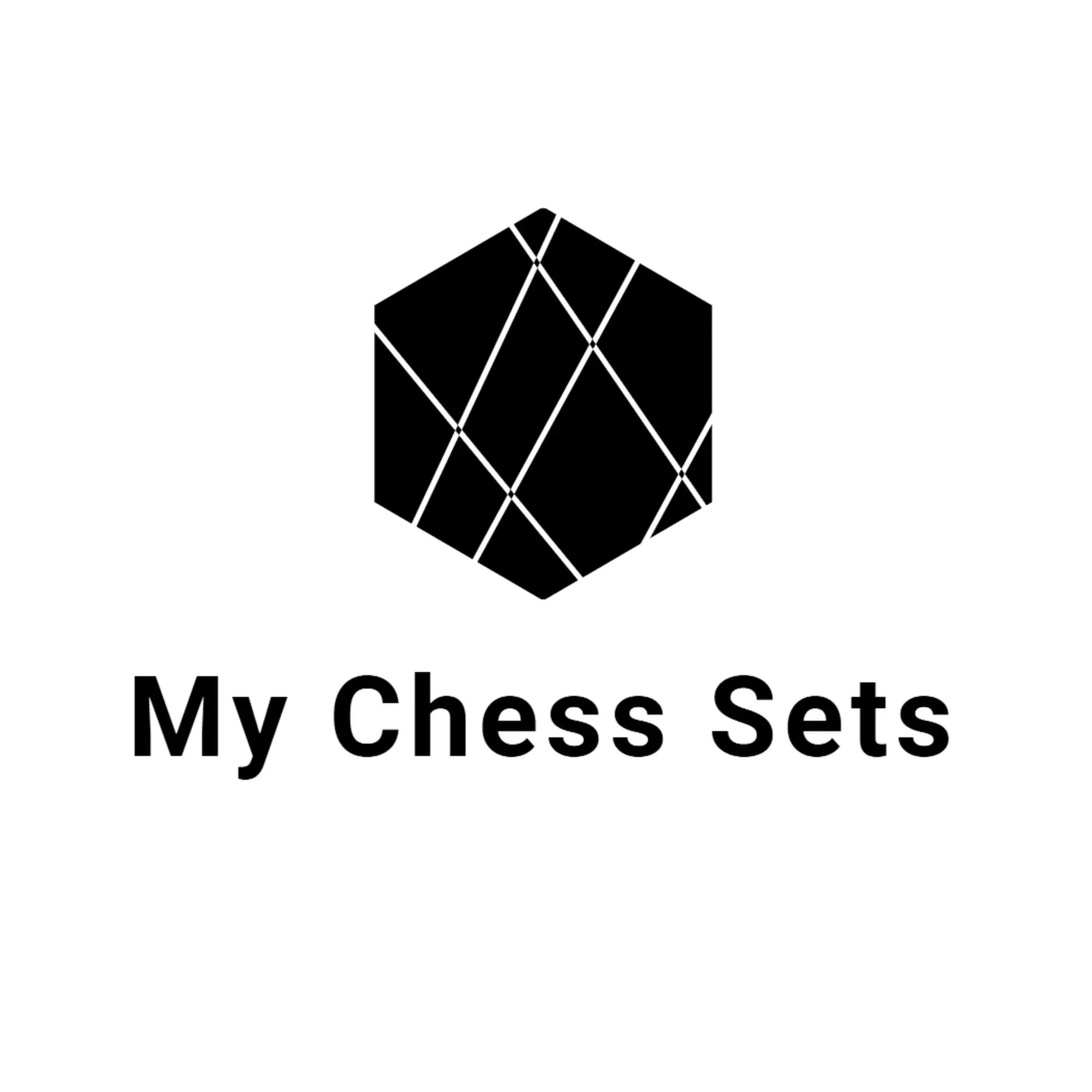
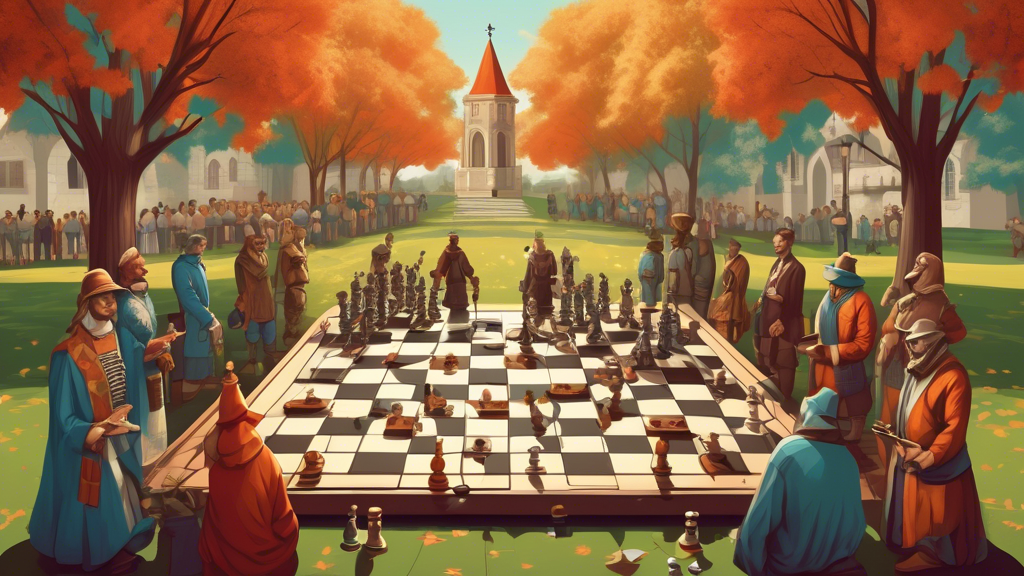


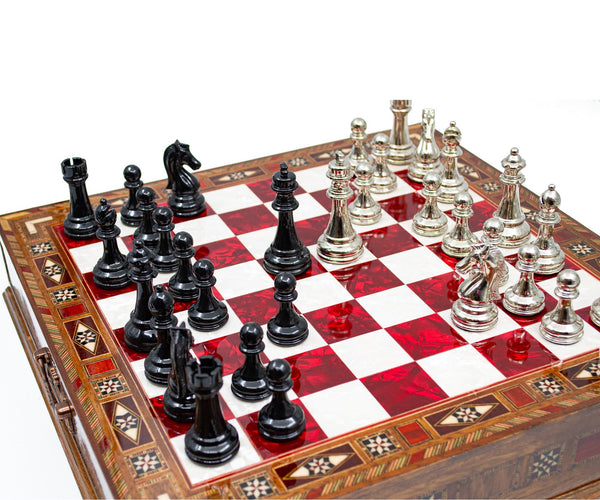
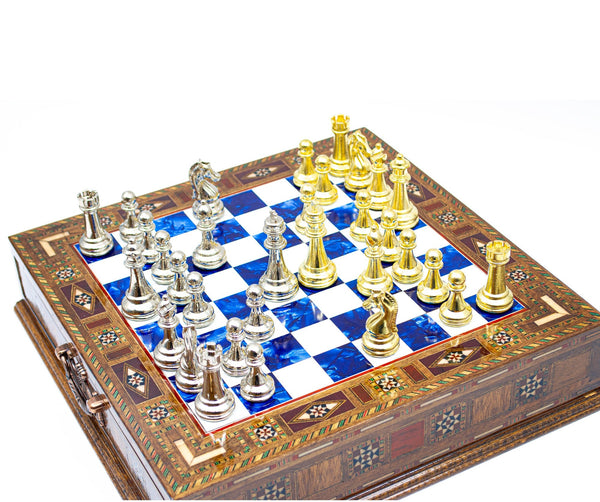
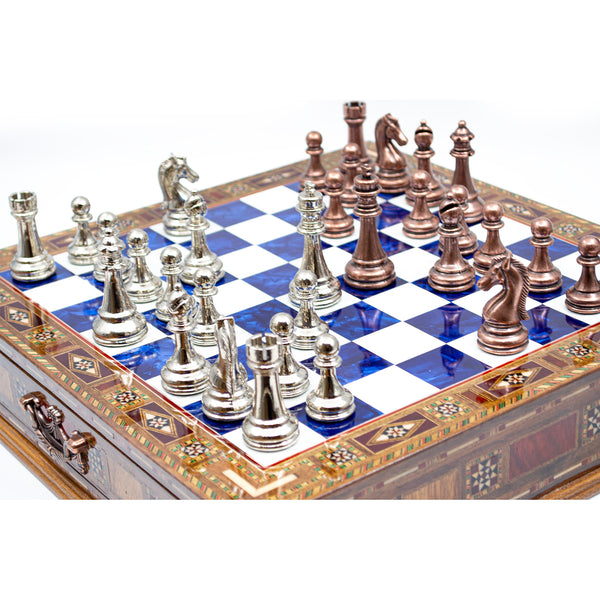
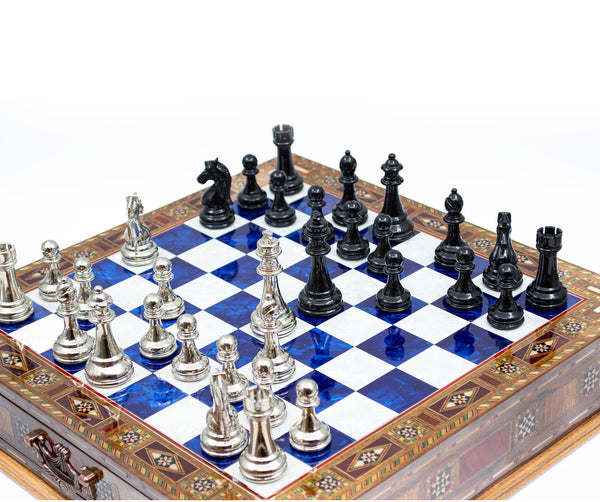



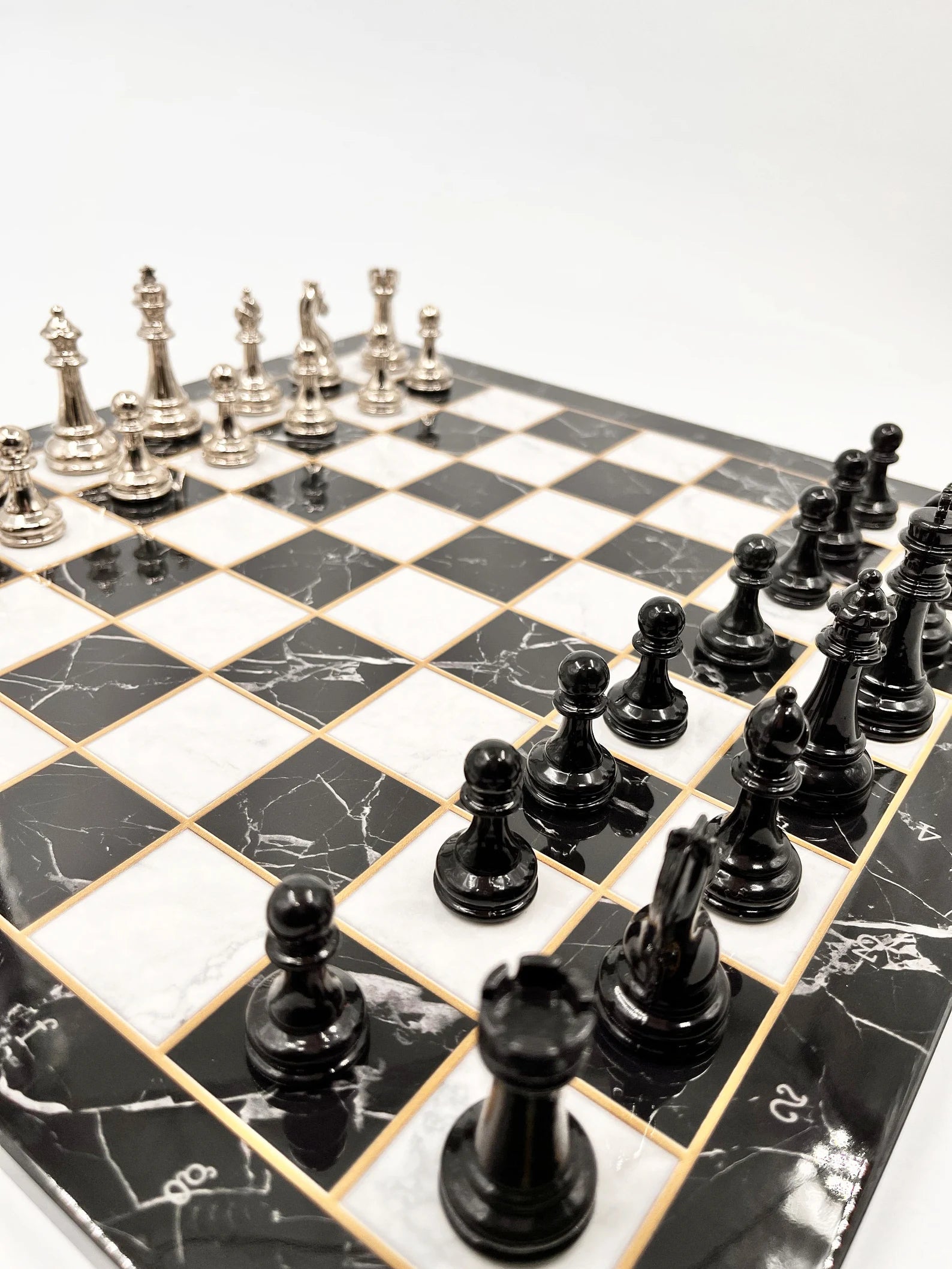










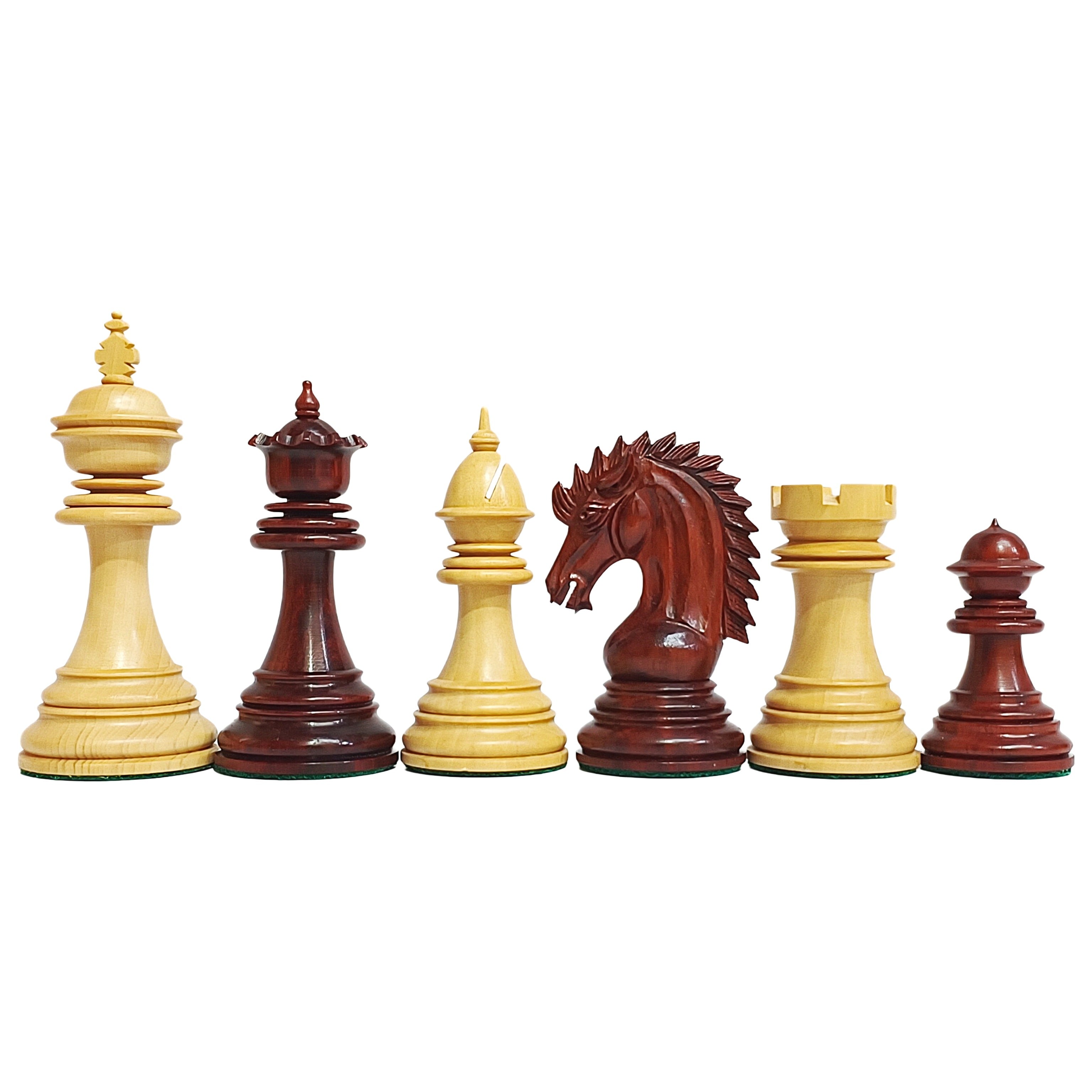




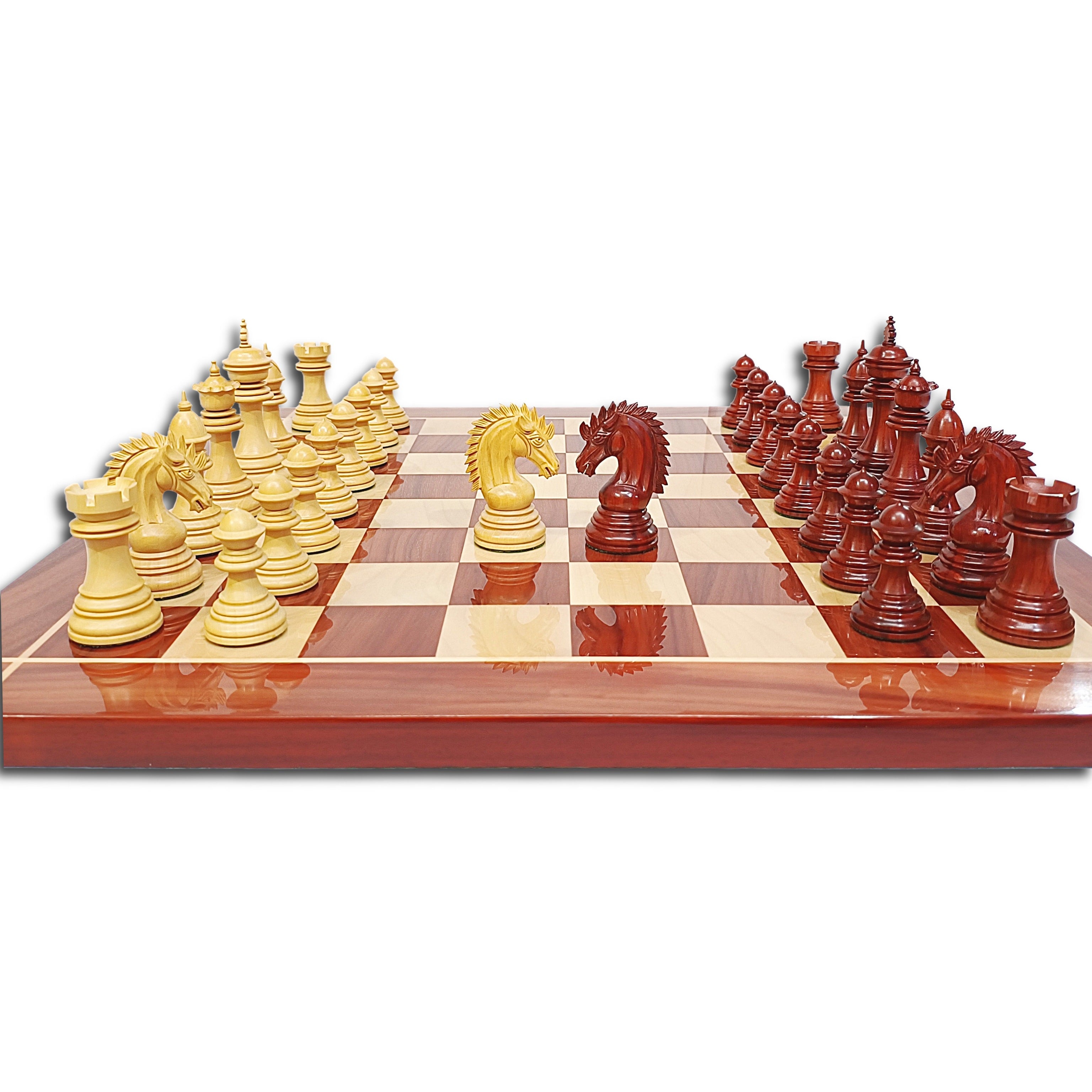
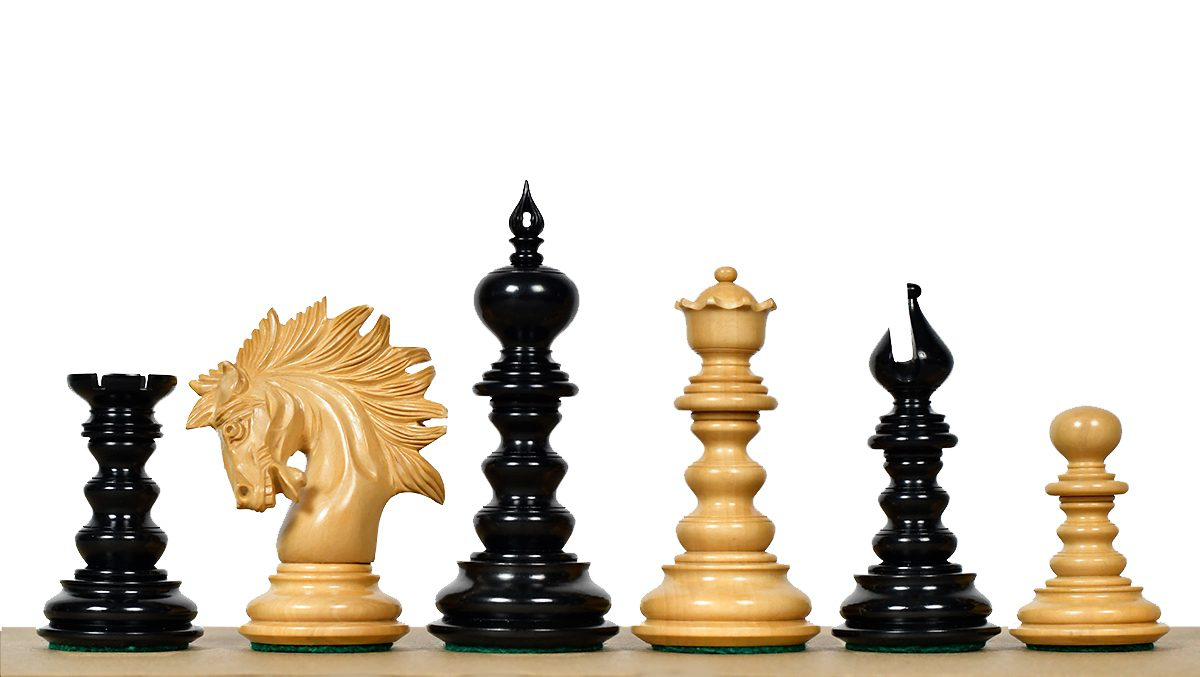




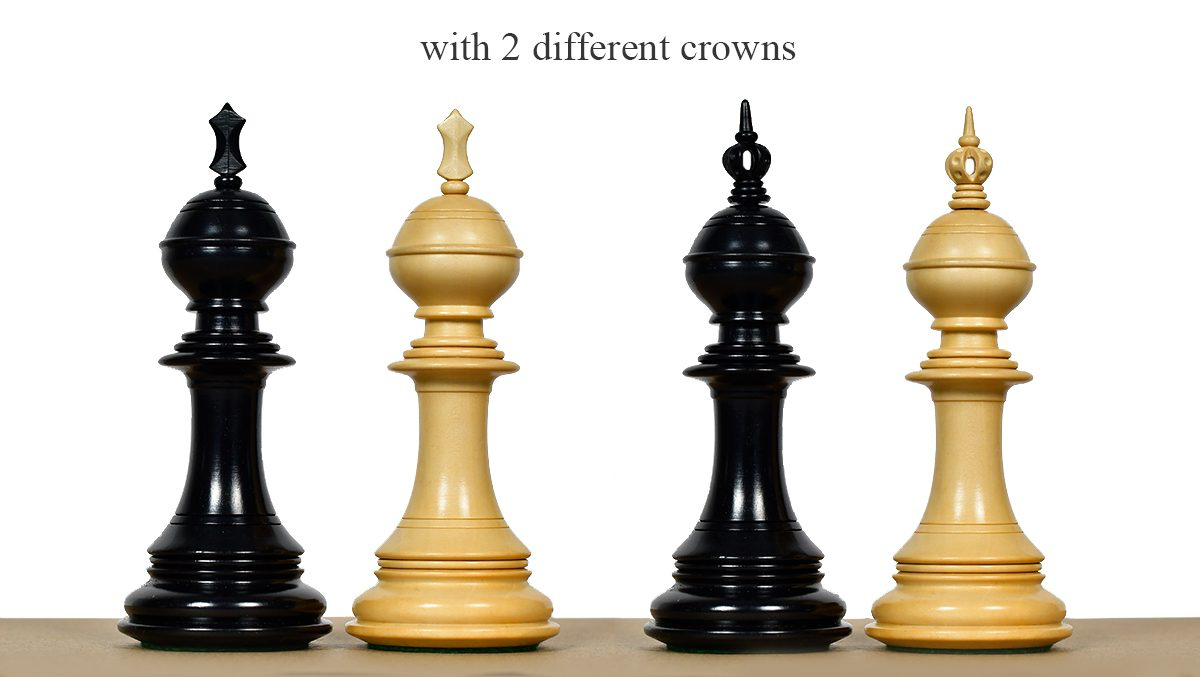




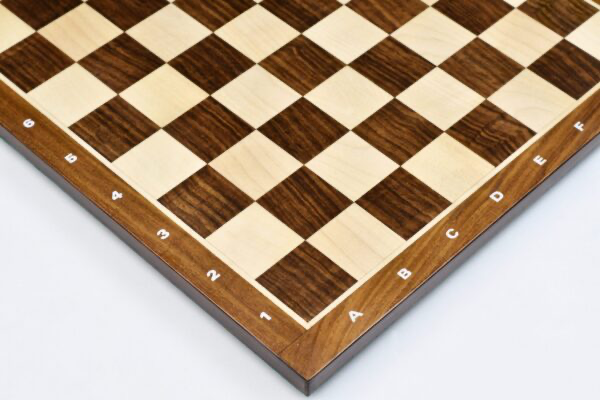
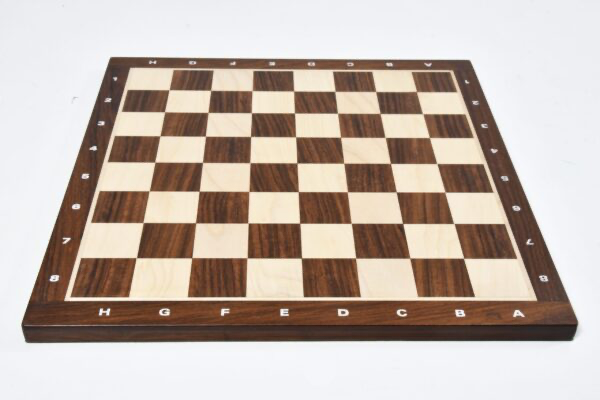

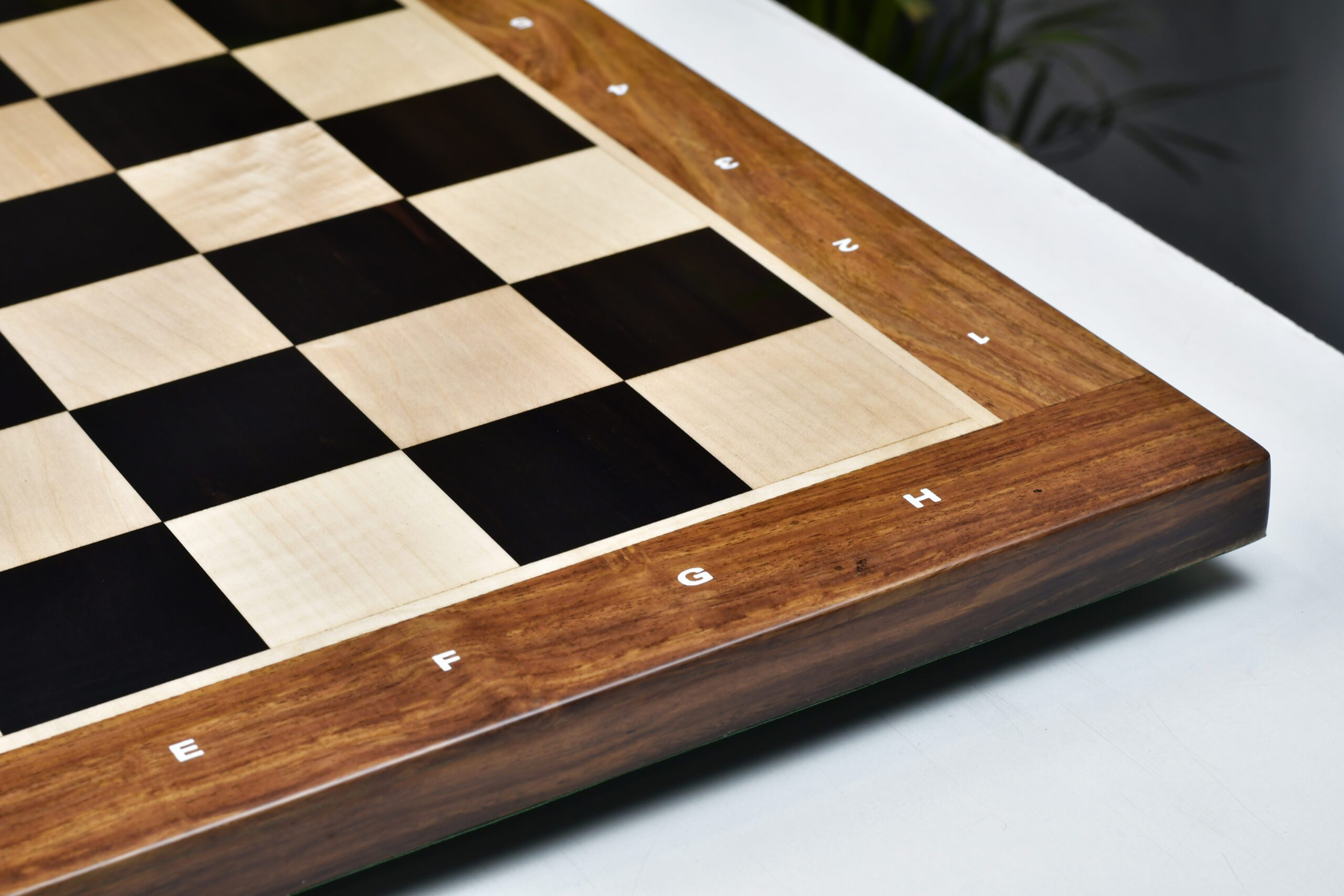


Leave a comment
All comments are moderated before being published.
This site is protected by hCaptcha and the hCaptcha Privacy Policy and Terms of Service apply.